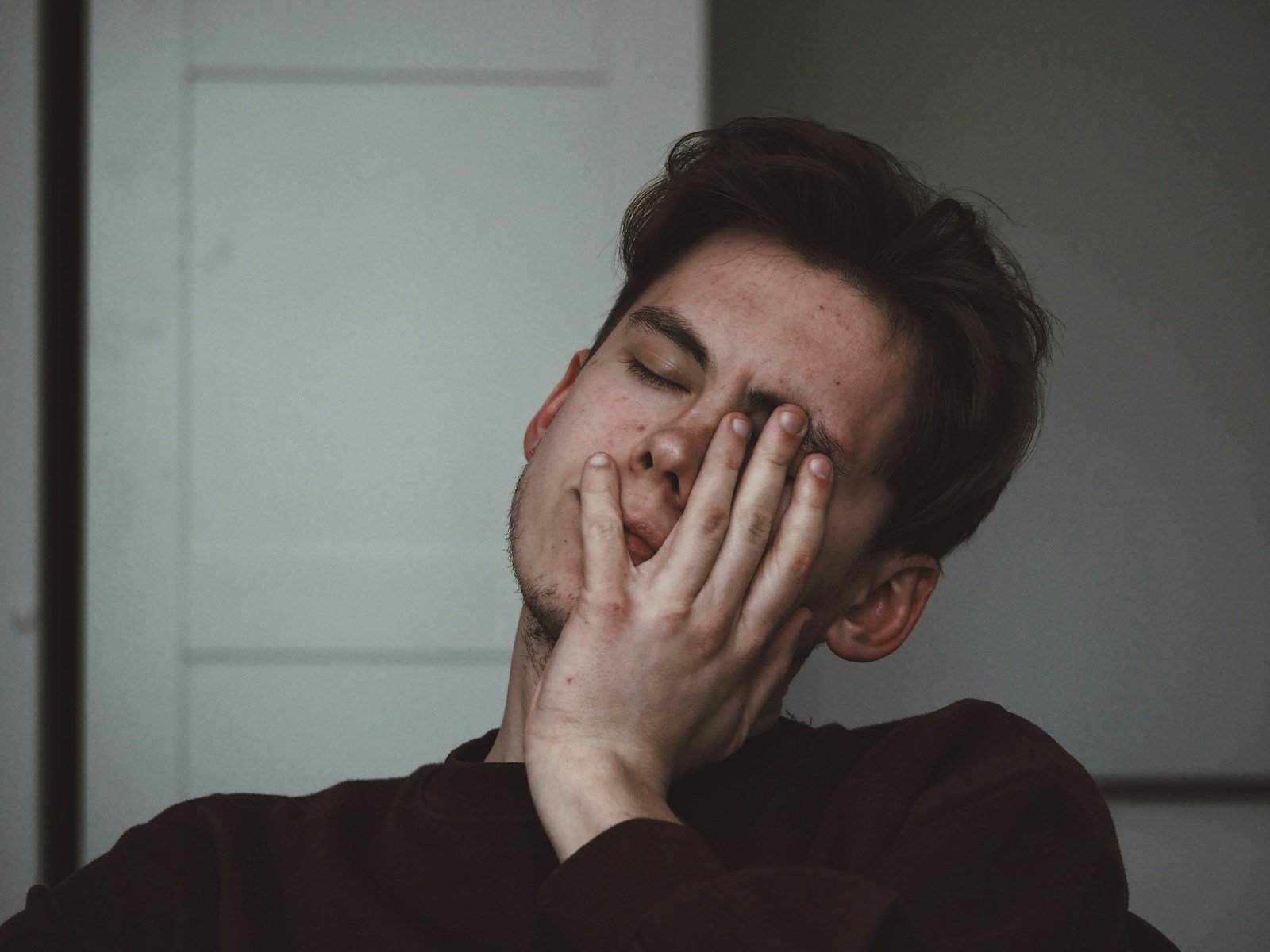Water is vital for every bodily function, and dehydration can quietly disrupt your health. Recognizing the signs early helps you stay energized and well. Here are 11 clear indicators your body is craving more water, with practical tips to stay hydrated and support your well-being.
Dry Mouth and Thirst
A dry, sticky mouth or persistent thirst signals early dehydration. Your body lacks saliva, causing bad breath or swallowing issues. This is your body’s first cry for fluids. Constant thirst means you’re already behind.
Aim for 8-10 cups of water daily, more in heat or exercise. Keep a reusable bottle to sip regularly. Add lemon or cucumber for flavor. Addressing thirst quickly prevents worsening symptoms.
Dark Urine
Dark yellow or amber urine shows concentrated waste from low water intake. Hydrated urine is pale yellow or clear, a direct hydration gauge. Check your urine color daily to assess your fluid levels.
Drink 2-3 liters of water to keep urine light. Start mornings with a glass to boost hydration. Use apps like WaterMinder to track intake. Pale urine confirms your body’s getting enough water.
Fatigue
Dehydration reduces blood volume, limiting oxygen delivery and causing tiredness. Even 1-2% water loss cuts energy by 20%, studies show. Afternoon slumps often tie to insufficient fluids. Notice if fatigue follows low-water days.
Sip water hourly to sustain energy. Carry a 1-liter bottle, refilling twice daily. Add electrolyte drinks during workouts. Consistent hydration keeps you alert and productive throughout the day.
Headaches
Dehydration pulls brain tissue from the skull, triggering headaches. These mimic tension headaches and worsen with movement. Low water intake increases headache frequency. Check if headaches align with poor hydration.
Drink 16 ounces at headache onset for relief in 30 minutes. Pair with a small snack to stabilize blood sugar. Keep water by your desk. Regular hydration prevents headaches and supports focus.
Dry Skin
Dry, flaky skin or chapped lips indicate dehydration, as your body prioritizes vital organs. Low water reduces skin elasticity, causing tightness. This is more evident in dry or cold weather.
Moisturize, but drink 2 liters daily for lasting effects. Eat water-rich foods like cucumber (96% water). Use a humidifier indoors. Hydrated skin reflects proper internal water balance.
Dizziness
Low blood volume from dehydration causes dizziness, especially when standing. This affects blood pressure, making you feel unsteady. It’s common after exercise or in heat without enough water.
Drink 8 ounces every 30 minutes during activity. Rest and sip water if dizzy to recover quickly. Add a pinch of salt for electrolytes. Hydration prevents dizzy spells and supports circulation.

Muscle Cramps
Dehydration disrupts electrolyte balance, like potassium and magnesium, causing muscle cramps. These often hit during exercise or at night. Low water makes muscles prone to spasms. Notice cramps after low-fluid days.
Drink 500 ml per hour of exercise and eat potassium-rich bananas. Stretch gently to ease cramps. Stay hydrated to keep muscles flexible and reduce cramping risks.
Constipation
Low water slows digestion, leading to hard stools and constipation. Water aids food breakdown and waste movement. Infrequent or painful bowel movements signal dehydration. Track digestion on low-water days.
Drink 2-3 liters daily and eat fiber-rich apples. A morning glass of warm water stimulates bowels. Monitor intake to stay regular. Hydration ensures smooth digestion and daily comfort.
Poor Concentration
Dehydration impairs brain function, causing foggy thinking or trouble focusing. A 1-2% water loss reduces cognitive performance by 10%, per studies. This impacts work or study, especially in afternoons.
Sip water every 15-20 minutes while working. Keep a bottle on your desk for easy access. Avoid sugary drinks that worsen dehydration. Consistent water intake sharpens mental clarity.
Increased Hunger
Dehydration mimics hunger, triggering snack cravings when you need water. Your body misreads thirst, leading to overeating. This often happens mid-morning or after meals. Test cravings with water first.
Drink 8 ounces before snacking to check thirst. Eat water-rich fruits like watermelon to curb hunger. Track water to distinguish signals. Hydration reduces unnecessary eating and supports health.
Rapid Heartbeat
Dehydration lowers blood volume, making your heart pump faster to circulate oxygen. A rapid or irregular heartbeat, especially during activity, signals low fluids. This can feel like palpitations and cause unease.
Drink 1-2 liters daily, increasing during exercise or heat. Sip slowly if you notice a racing heart to stabilize it. Monitor hydration during workouts. Proper fluid intake keeps your heart steady and healthy.
Conclusion
These 11 signs—dry mouth, dark urine, rapid heartbeat, and more—reveal when your body needs more water. Dehydration saps energy, focus, and comfort, but it’s easy to fix. Aim for 2-3 liters daily, keeping a bottle handy. Small habits like sipping regularly or eating water-rich foods keep you hydrated and thriving.
